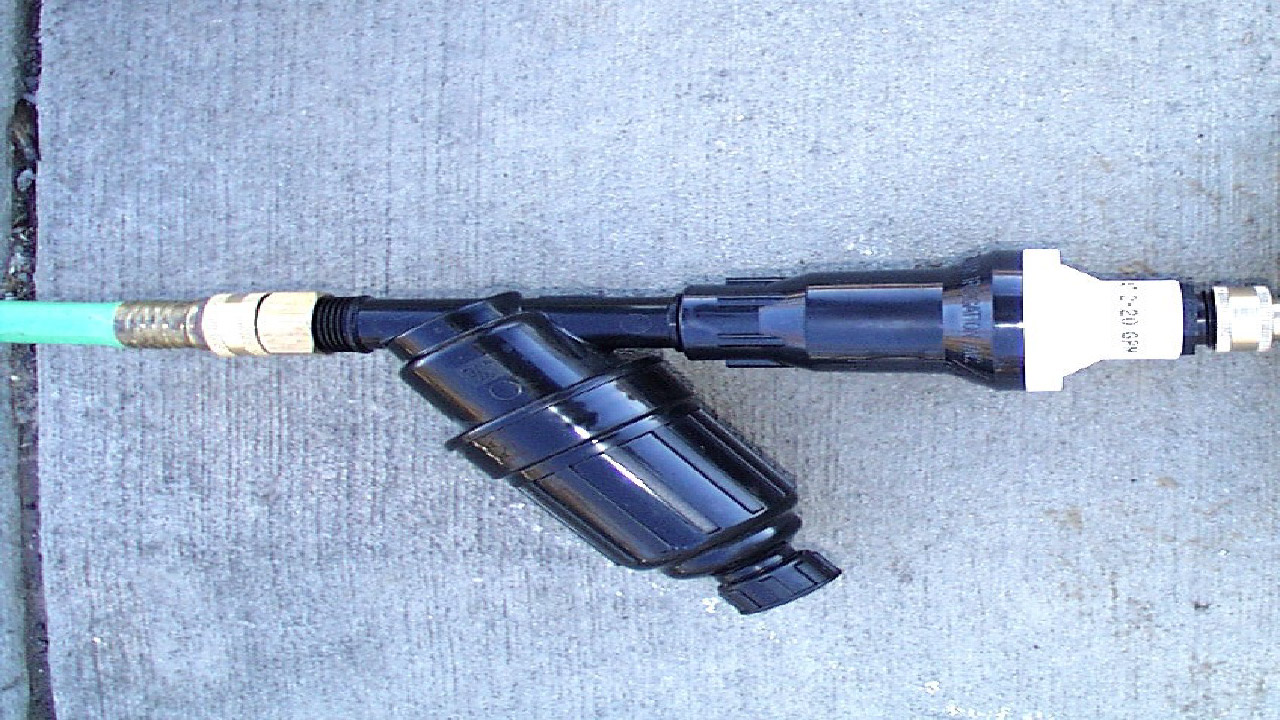Screen or Disc Filter: How to Make the Right Choice
Nov 14th 2024
When it comes to maintaining a healthy and efficient irrigation system, one of the most overlooked components is the irrigation filter. Clean filtered water ensures your system runs efficiently by preventing blockages, extending the life of your system, and helping plants thrive. There are various types of filters available. How do you choose the right one for your irrigation needs?
This blog will explain the difference between a disc and a screen filter, how they work, and the factors to consider when selecting the best one for your system.
Screen Type Filter
Screen-type filters often have a stainless-steel screen that can be removed for easy cleaning. They remove solid particles from water, such as sand, debris, or sediment. Screen-type filters are the most common filter type used in landscape irrigation.
Screen filters remove inorganic materials, like sand and scale. They are not recommended for removing organic matter, like algae, because contaminants can pass through the filter.
Screen filters are best for municipal water. They remove larger debris and are suitable for most sprinkler and drip irrigation systems.
Let's review a few essential specifications before selecting the right screen filter type for your system.
Choosing the Right Screen Filter
Here are a few things to remember when selecting the screen filter.
Thread Type: Most home gardens use a 3/4" hose thread-type filter. Some larger scale systems require a 1" or larger pipe thread filter.
Filter size: Most screens are available in outlet and inlet sizes from 3/4" to 2". The larger the size, the more flow it can allow into your system.
Mesh Size: A lower mesh number indicates a coarser filter, while a higher mesh number indicates a finer filter. Most emitters require a finer mesh, like 155 mesh, while sprinklers might only need 80 mesh.
Basic or Constant Pressure Filters?
Basic-type filters, such as the Irritec hose thread Y filter, will be placed after a timer or valve. They cannot handle constant static pressure.
If you need a filter that can be used before a timer or valve, you must use a constant pressure filter, like the Amiad filter. The Amiad filters are made with reinforced bodies and O-rings, which can handle constant pressure. Most of these filters are available in 3/4" up to 2" pipe thread.
So, the standard garden-type filter cannot withstand constant water pressure, while the heavy-duty Amiad filters can. Make sure to select the right one for your system application.
Disc Type Filter
Disc-type filters, like this Netafim Arkal filter, use a stack of overlapping discs with grooves to capture contaminants. Disc filters are better at removing organic materials like algae and moss.
Disc filters are better for high flow rates and dirty water sources like ponds and irrigation ditches.
Disc filters filtration is simple, water flows through the gaps between the discs, while larger particles are trapped in the grooves. Only the small particles will be able to pass through as the larger ones remain on the outside. This is why they are great for removing algae.
Choosing the Right Disc Filter
Disc filters are better for handling larger sediment. To choose the right irrigation filter, consider your water source quality and the filtration required by the emitters or sprinklers in your system.
Make sure to choose the right size and mesh size for your irrigation needs.
Cleaning Your Filter
Both filters can be cleaned, but the screen filter is easier to clean by rinsing or using a brush. A disc filter requires more cleaning because each disc needs to be cleaned.
As with most filters, screen-type filters require some maintenance. Most filters come with flush valves that you can use to flush out any debris from the filter body while the water is running. Do this as often as needed.
Most filters can be taken apart for easy cleaning, and replacement screens and discs are available for the filters.
Bottom Line
Filters are important for irrigation systems because even the smallest particles can clog drip emitters and reduce water flow. Both disc and screen types are offered in various thread and mesh sizes to fit your irrigation needs.
The filter choice will depend on your specific water source, the size of your system, and the filtration requirements of your system. By understanding the differences, you can make a more informed decision that helps improve the performance of your irrigation system.

